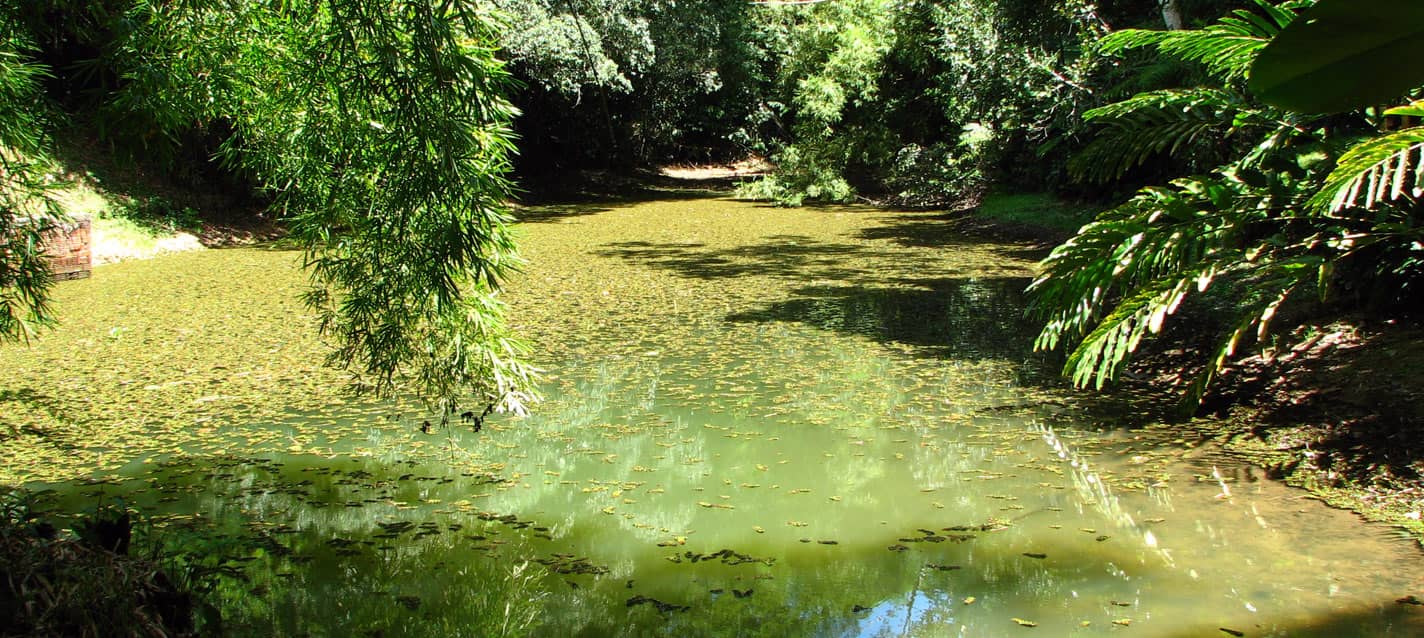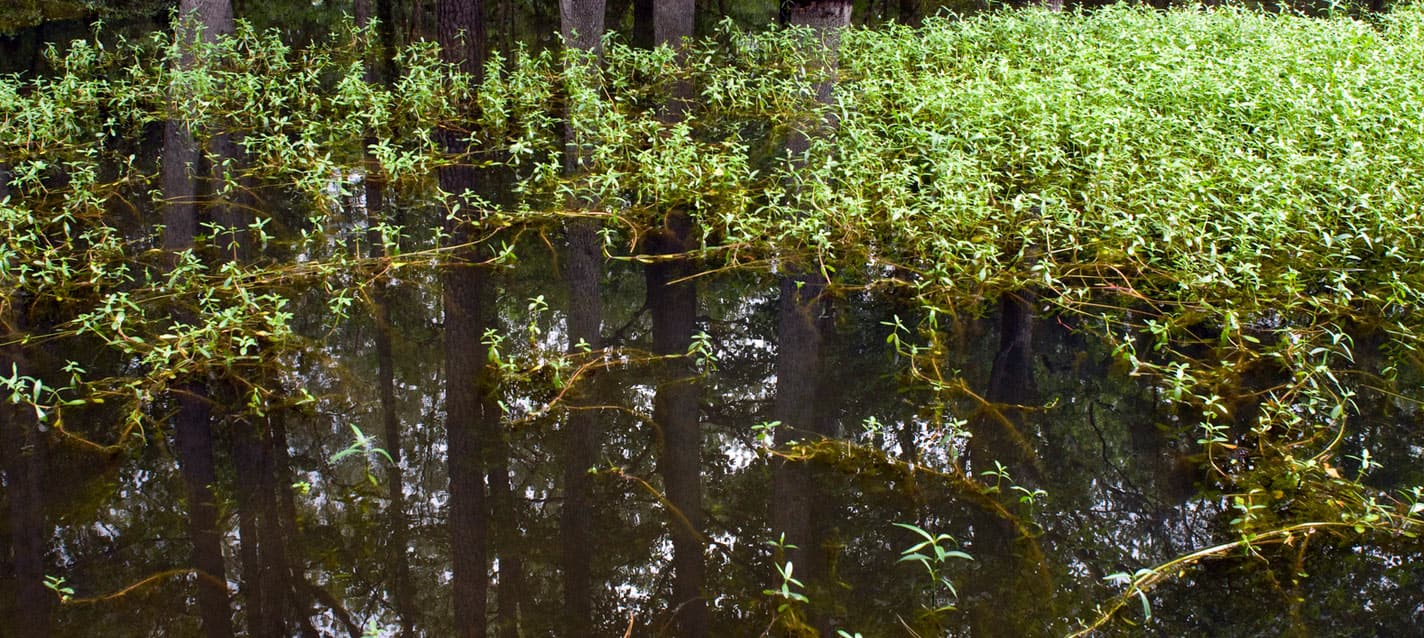Noxious Weed Management
Bettersafe is a leader in all aspects of weed management selecting the best herbicides for use, Council, Schools and Local Land services contractors.
Understanding Herbicides
Herbicides are chemical weapons that should be understood better and integrated judiciously into weed management programs in order to maximise the results of control efforts.
It is critical for success to know their modes of action and understand the factors that influence their effectiveness. For example, some foliage-applied herbicides have ‘contact’ action only (they do not translocate to distant parts of the treated plant) while others are ‘systemic’, travelling within plants to target sites to bring about death.
Other soil-applied herbicides have residual activity making it crucial to understand their persistence, degradation patterns and leaching potential. Certain herbicide formulations can be manipulated with additives to make them more effective at lesser dose rates, saving herbicide costs. Herbicides can be either non-selective (affecting most plants) or selective (affecting only specific groups of plants). Selective herbicides enable grasses, sedges and other narrow-leaf species to be controlled without affecting the surrounding desirable broad-leaf species, or vice versa.
Herbicides are made more effective by manipulating spray parameters such as volume rates, droplet sizes and other variables, as well as choosing the best application time.
Herbicide use is strictly controlled in Australia, especially in or near water bodies. We maintain an updated, specialist knowledge of the legal requirements for weed control. Bulk herbicide applications need to comply with several state and Federal regulations.
If used correctly, the risks from herbicides to human health (weed control operators and the wider community) and to the environment can be minimised. Our operators are widely experienced in applying herbicides using best practice guidelines, safeguarding the environment and human health. We also maintain strict safety standards at all times through the use of safety plans to minimise all risks.
“Declared Plants” or “Noxious Weeds” vary between Councils. The State Government has gazetted problem weeds that should be controlled on a routine basis, some of which include :
- Lantana camara : Lantana
- Rhubus fruiticosa : Blackberry
- Ricnus communis : Caster Oil Plant
- Alternanthera philoxeriodes : Alligator Weed
- Hypercicum perforatum : St John’s Wort
- Cortaderia selloana : Pampas Grass
- Cestrum parqui : Green Cestrum
- Pariateria judaica : Asthma Weed
- Ludwigia peruviana : Ludwigia
- Salvinia molesta : Salvinia
- Eichhornia crassipes : Water Hyacinth
- Bachharis halimifolia : Groundsel Bush
- Senecio madagascariensis : Fireweed
- Sporobolus pyramidalis : Rat’s Tail
Our speciality is treating these noxious weeds with selective or non-selective herbicides at the recommended rates, at the opportune stages in their life cycles.

Other Services you may like
Other Pest Control
Bettersafe provide extended warranty programs for pests in residential and commercial properties such as Ants, Rodents, Wasps & Cockroaches.
Aquatic Weed Removal
It’s clear that Bettersafe takes a comprehensive and adaptable approach to Integrated Weed Management (IWM) services, particularly in ecologically sensitive wetland areas. Bettersafe services cover
Water Quality
Water quality is indeed a crucial aspect of maintaining the well-being of both ecosystems and human populations. The role of Bettersafe’s specialized Hydrology team in monitoring and
+
Years of experience
+
Finished projects
k
Volunteers
k
Trees saved




